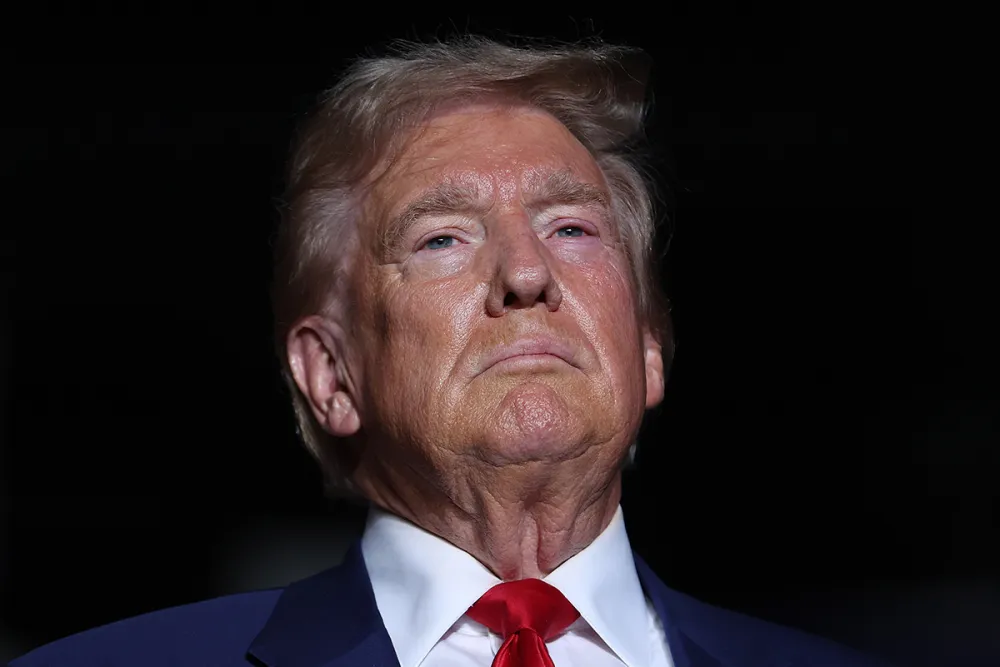In a transformative alliance for free speech, President-elect Donald Trump’s victory over Kamala Harris has marked the beginning of a new era for free speech and freedom of information. His free speech initiative, first introduced in December 2022, is now set to gain momentum as Trump prepares to return to the White House with the influential backing of Elon Musk, owner of X (formerly Twitter) and the full support of Parler. This partnership is expected to redefine the landscape of digital expression, freedom of information, and online regulation.
During his 2022 announcement, Trump outlined a comprehensive strategy to combat censorship, which included plans to ban federal funds from being used to monitor and label speech as “misinformation,” penalize universities engaged in censorship activities, and introduce a “digital Bill of Rights.” With Musk’s support, Trump’s ambitious blueprint to enhance online transparency is anticipated to be enacted with renewed urgency and expanded reach.
Trump and Musk’s Free Speech Alliance
Elon Musk’s recent acquisition of X has been pivotal in challenging existing content moderation practices, and his release of the “Twitter Files” exposed internal communications about content moderation practices on the platform, particularly regarding the treatment of conservative viewpoints. As Trump’s key ally in this initiative, Musk is expected to play a critical role in shaping how federal policies around speech and censorship will be enforced on digital platforms. With Musk’s influence over X, both leaders aim to ensure that tech companies adhere to principles of neutrality and transparency.
Under this renewed framework, Trump plans to:
- Ban Federal Involvement in Censorship: Trump has pledged to sign an executive order to prevent any federal agency or department from partnering with external organizations to censor lawful speech. This move aims to dismantle what he describes as “domestic censorship” initiated under the previous administration.
- Investigate Past Censorship Efforts: The Department of Justice (DOJ) will reportedly initiate investigations into prior censorship activities involving the government, major tech platforms, and nonprofit entities. Trump has urged House Republicans to issue preservation letters, ensuring that evidence from the Biden administration and Silicon Valley companies is not destroyed.
- Impose ‘Cooling Off’ Periods for Federal Officials: In a move aimed at reducing influence by former intelligence officials on tech platforms, Trump has proposed a seven-year delay for federal and intelligence personnel before they can work in tech.
- Introduce a Digital Bill of Rights: Trump is calling for a “digital Bill of Rights,” which would require court orders for any government action to remove online content. This bill would also mandate transparency around any content restrictions, ensuring that users are informed when their posts are moderated.
Legislative Support and Potential Challenges
With the Republican Party now holding a majority in both the House and Senate, Trump’s administration is in a strong position to push these reforms through Congress. However, achieving bipartisan support for comprehensive reforms such as revising Section 230—which grants legal immunity to tech platforms for user-generated content—could still prove challenging. Trump’s 2022 proposal to condition Section 230 protections on “high standards of neutrality, transparency, fairness, and nondiscrimination” will likely be a focal point of legislative debate.
Implications for Universities and Nonprofits
The free speech platform also targets universities and nonprofits that engage in content moderation activities. Under Trump’s plan, any institution involved in identifying or flagging content for removal could face cuts to federal funding, including research grants and student loan support. Trump argues that these measures are necessary to curb biased censorship practices and protect diverse viewpoints in public discourse.
Public Response and Advocacy for Free Speech
Public reaction to Trump and Musk’s alliance on free speech has been polarizing. Advocates argue that greater transparency and less restrictive moderation are vital to preserving open dialogue and protecting constitutional rights. Critics, however, contend that relaxed moderation could lead to unchecked disinformation and harmful rhetoric. Musk’s own controversial stance on content moderation has led some to question the practical implications of these sweeping changes.
Despite the debates, Trump’s return to office, coupled with Musk’s support, is expected to bring lasting changes to the way online information is regulated. This alliance signals a strong push to decentralize control over speech on social media, marking what could be a new chapter for digital democracy in the United States.
Cited Sources
- CNN. (2022). “Trump vows to ban federal funding for labeling misinformation.”
- NDTV. (2023). “Elon Musk releases Twitter Files on content moderation practices.”
- Reuters. (2023). “Elon Musk’s X prepares for shifts under Trump’s new administration.”
- The Associated Press. (2024). “House Republicans back Trump’s digital Bill of Rights initiative.”

